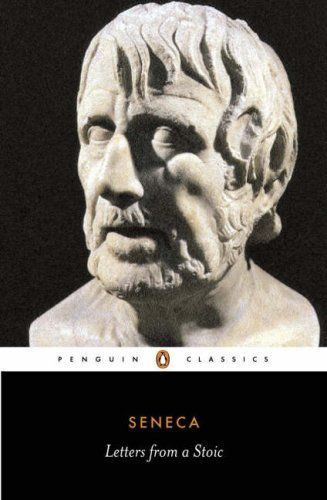
Epistulae Morales Ad Lucilium
A philosophy that saw self-possession as the key to an existence lived ‘in accordance with nature’, Stoicism called for the restraint of animal instincts and the severing of emotional ties. These beliefs were formulated by the Athenian followers of Zeno in the fourth century BC, but it was in Seneca (c. 4 BC– AD 65) that the Stoics found their most eloquent advocate. Stoicism, as expressed in the Letters, helped ease pagan Rome’s transition to Christianity, for it upholds upright ethical ideals and extols virtuous living, as well as expressing disgust for the harsh treatment of slaves and the inhumane slaughters witnessed in the Roman arenas. Seneca’s major contribution to a seemingly unsympathetic creed was to transform it into a powerfully moving and inspiring declaration of the dignity of the individual mind.
Reviews
Tanishq Khandelwal@tanishq
Kendall McClain@kendallmcclain
Mari@mythicalreads
benja@benjavk
Vince Nguyen@vincenguyen
Donald@riversofeurope
Bryan Maniotakis@bryanmanio
Jeremy Anderberg@jeremyanderberg
Aksara@noirxist
Ricardo@ricardobarbosa
patrice@patmadea
Jonathan Phillips@jonph14
Tareq@antares
Christian Bager Bach Houmann@cbbh
Kevin Wammer@cliophate
C Fernando Maciel @cfernandomaciel
Amelia @bonesofangel
nana@sheenamitsuishi
Farah Aisha Shabrina@farahaisha
mikaewu@mistte
Brock@brock
Aidan@aidan
Eric Smith@ericcommando
Nenad Nikolic@nnikolic72
Highlights
Kang Jie Ng@kjng123
Kang Jie Ng@kjng123
Kang Jie Ng@kjng123
Kang Jie Ng@kjng123
Kang Jie Ng@kjng123
Kang Jie Ng@kjng123
Kang Jie Ng@kjng123
Kang Jie Ng@kjng123
Kang Jie Ng@kjng123